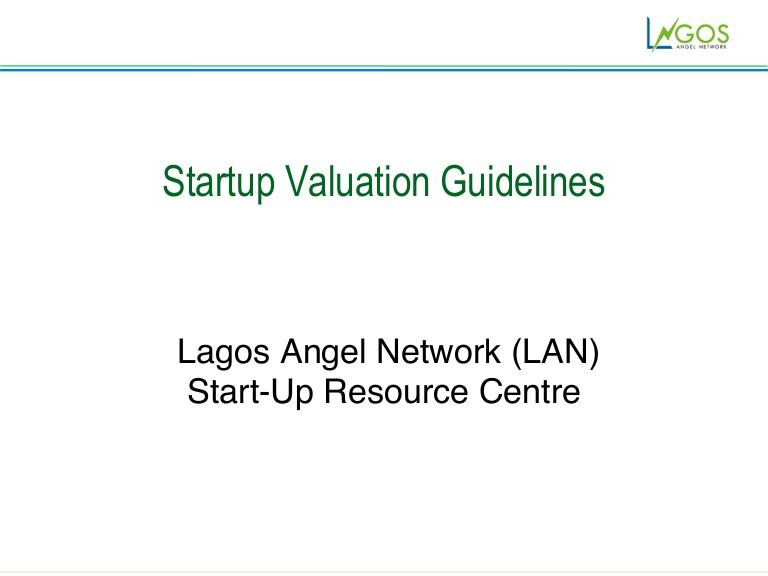Contents
His tenure is equivalent to the unexpired tenure of the original director. This iframe contains the logic required to handle AJAX powered Gravity Forms.
Nevertheless, the Companies Act, 2013 by virtue of Section 203 allows a Whole-Time Director to be appointed as a Whole-Time Director in a subsidiary company at the same time. Furthermore, there was also confusion as to whether a whole-time employee is a Whole-Time Director. The Company Law Board clarified that a whole-time employee appointed as a director of the company is in the position of a Whole-Time Director. In the case of Wasava Tyres v. Printers Ltd, the Managing Director of the respondent company filed a suit on the company’s behalf against the appellant-tenants for possession. The trial court decreed in favour of the company and directed the tenants to vacate and deliver vacant possession of the tenanted premises. The appellants contended that the Managing Director did not have proper authorisation from the board of directors to file the suit so as to make it binding on the company, and thus the suit filed was bad in law.

The board of directors is also responsible for hiring the upper management, and for overseeing the organization and its management. In many organization, the directors themselves plays the role of a manager, but it does not mean that the role of the two important ranks of the company is same. A director can be an employee, member or any other person, who is unanimously chosen by the company’s shareholder at the general meeting. In contrast, a manager is a paid employee of the company who possesses a substantial amount of knowledge, expertise, and abilities to manage the organization. The responsibilities of a CEO include maximizing the share price, market price, revenues, or other elements. In a non-profit and government organization, the chief executive officer or the CEO typically aims at achieving the organization’s long-term and short-term missions like reducing poverty, increasing literacy, etc.
Key Differences Between Manager and Director
When the managing director vacates office as a director, it may lead to the discontinuation of office as a managing director. This means that he can give is resignation as a managing director and still continue as a director of the company but vice versa is not possible. difference between managing director and director While a public limited company shall have a minimum number of 3 directors whereas a private company can have a minimum number of 2 directors, but in the case of one person company, there is only one director. The powers conferred to the managing director can be altered.
- A Managing Director is directly responsible for managing the day-to-day functions of an organization and reports to the CEO regarding any progress and escalations required.
- This article will help you to differentiate between manager and managing director of a company.
- Managing directors represent the company’s philosophy in public and recruiting, training, terminating, and delegating employees.
- However, if there are any variances as to the conditions mentioned in Schedule V of the Companies Act, the appointment and remuneration payable to them has to be approved by resolution in the succeeding general meeting.
Executive Director plays a vital role in the organization, which takes charge of the day-to-day activities and puts the best efforts for future endeavors while working with other board of directors. Managing directors have the utmost responsibility of managing the resources and regulating the organization’s operations, which results in the company prosper and profit. They maintain professionalism and don’t lose their patience even in a drastic situation to maintain a positive outlook.
Managing directors have the highest rank within the company and have the authority to fire the executive director. If the company lacks a managing director or CEO, the executive director takes the spot as the highest-ranking company official. Management duties for managing directors include preparing the corporate and annual business plans and monitoring the company’s progress against those plans. This task requires ensuring that plans are being carried out in the most efficient, cost-effective manner.
Resignation by Whole-Time Director
In case of a manager, Sec. 2 of Act provides that he has the management of the whole or substantially the whole of a company. Au.indeed.com needs to review the security of your connection before proceeding. • Executive Director is a post that is not very common, but when there is one along with MD, he is the junior of the two and MD can fire an executive director. Needs to review the security of your connection before proceeding. Producing and planning strategic operating plans and objectives for the long term future.
It becomes difficult to replace the inadequate management if both the management and governance are controlled by the same person. If both the power to make rules and implementation is placed in one hand, the managing and governing authority will get excessive powers, which will deteriorate the interests of the stakeholders. It helps in ensuring that there is a focus on both protection of interests as well as the development of the company. To not assign the office to another person as per his own wishes. The company thereafter issues individual notices to all the members or publish a newspaper advertisement at least 7 days before the AGM.

It is the upper management’s responsibility to ensure that the goals, targets, and responsibilities of the company are met. The CEO’s responsibilities are nearly identical to the MD’s, so much so that the CEO must also report to the chairman and to the board of director. A director can be defined as the elected and appointed member of the organization, whose primary function is to look after the activities of the organization. They are jointly known as the board of directors or say board. Board of Directors frames the plans and policies, create strategies, set objectives and goals of the organization. They are the ones, who decides the success or failure, along with the culture and practices of the company.
Disqualifications for a manager
2013 (hereinafter referred to as “the Act, 2013”), the expression “Key Managerial Personnel” is used to define executive management. They are the point of first contact between the company and its stakeholders. Do you guys know that only directors can be managing directors of the company, but any person with the requisite qualification can become a whole-time director of the company? There is always confusion regarding the roles and functions of the Managing Director and Whole-time Director. The executive director must answer to all superior managers. Managing directors must work in the best interests of the shareholders and answer to the board of directors.

The platform offers a prime location for storing the job descriptions, duties and responsibilities for board directors, executive directors and managing directors. The program provides a place for secure communication and file sharing between all levels of senior leadership. The feature for granular permissions ensures that only authorized leaders can access important documents without the unnecessary fear of an outsider hacking into confidential communications. A Managing Director is undoubtedly the highest ranking officer and is a link between the administration and the board of directors. He is the ship of the captain who has to take vital decisions at crucial times. He has many roles to play and is usually involved with day to day operations of the organization.
The condition for deposit is not applicable to independent directors and directors nominated by the Nomination Remuneration Committee or Board of Directors. The deposit is refunded if the applicant gets at least 25% votes. Casual Vacancy Director- If a director dies or resigns, then the Board of Directors can fill the position by hiring a casual vacancy director.
Difference between managing director and whole-time director
On the other hand, a manager follows the instructions of the Director and supervises his/her subordinates to work in the pursuance of the goals of the organization. A manager looks after the day to day operations of the enterprise and thus makes short-term plans for the company. Conversely, the director makes long-term plans for securing the company’s future.
A managing director is director who is entrusted with substantial powers of the management. This article will help you to differentiate between managing director and whole-time directors of a company. It is important to note that the prerequisite for the appointment of the Managing Director is that he must first be appointed as a director of the company. However, in lieu of the powers vested in him , he cannot be equated with an ordinary director. Moreover, a Managing Director can resign in the capacity of a Managing Director and continue to be the director of the company. However, the appointment of more than 15 directors is also permissible but only after passing a special resolution.
Additionally, directors are also responsible for providing leadership training and resources. As previously mentioned, managers are in charge of the staff. They supervise the work of entry-level and mid-level employees. It is their job to mentor each member of the team and ensure they understand how the system works. For smaller companies, the director might end up doing the manager’s duty and vice versa.
Both, the director and the manager are important personnel in a corporation and both have their own set of rights and duties, this article is an insight into the meaning and role of a director and a manager. A managing director is appointed by virtue of an agreement with the company. Keeping in regular contact with the board of directors or chairman and to maintain a positive relationship. Analyzing and evaluating the efficiency of day to day tasks within the departments and to ensure all objectives are being met. Directors have a key role in the determination of the values and ethical position of the company. The directors are the agent of the company and occupy the top position in the corporate hierarchy.
Executive Director works proactively and designs better strategies to advance the company that helps make it financially stable and forward. Executive directors are the solely responsible bodies who take their own decisions independently in favor of the organization without consent to the board’s chairman. Nevertheless, https://1investing.in/ they also motivate their subordinates in critical affairs. And continuously put efforts in the development of their subordinates, promote the company’s philosophy. • In the absence of a CEO or MD, it is executive director who is the head executive of a company and is directly involved with day to day operations.
A Managing Director is responsible for the company’s daily operations, organization, or corporate division. In some countries, the term Managing Director is equivalent to the CEO. There are four ways to appoint or decide upon a managing director. One way is that a Managing Director can be selected by a resolution passed at a general meeting. Secondly, they can be appointed by the association of a company. The third method is appointing a Managing Director with the Board of Directors.
Directors are classified as executive and non executive in most organizations. Managing Director is a post that signifies the highest ranking officer in an organization. This article tries to differentiate between the two posts, Executive Director and Managing Director that are commonly found in organizations these days. It is even harder to run a multi-million dollar corporation. Hence, in order to help run a corporation efficiently and to ensure the company’s profitability, most companies’ set up a two-tier corporate hierarchy. The two tiers of this corporate hierarchy include the Board of Directors as one and upper management as the other.